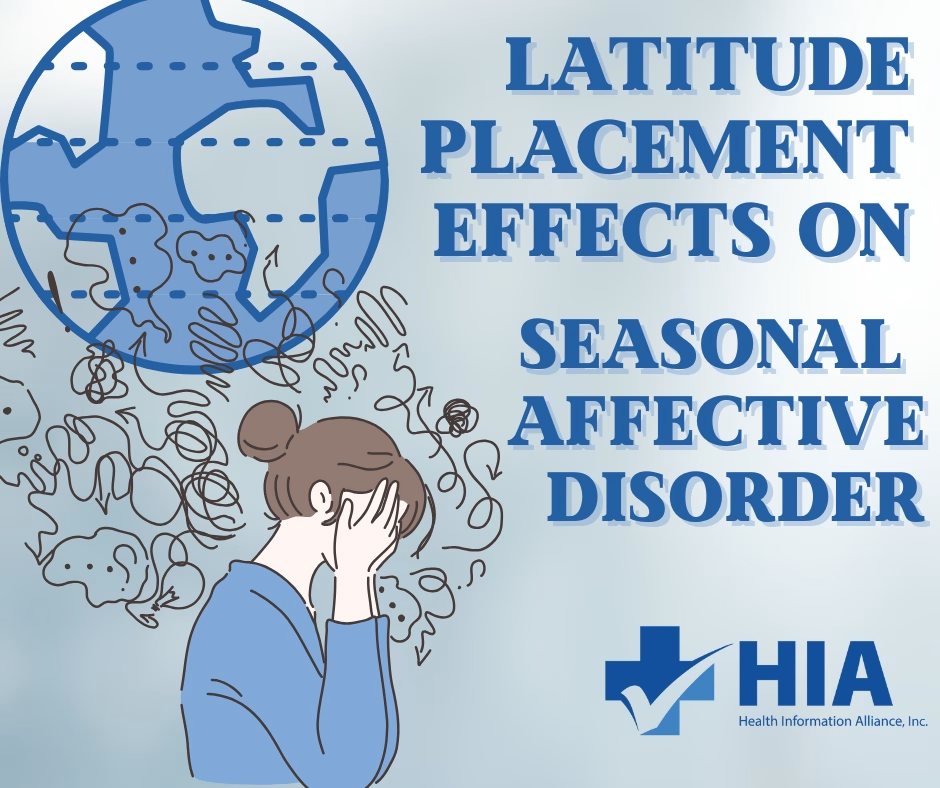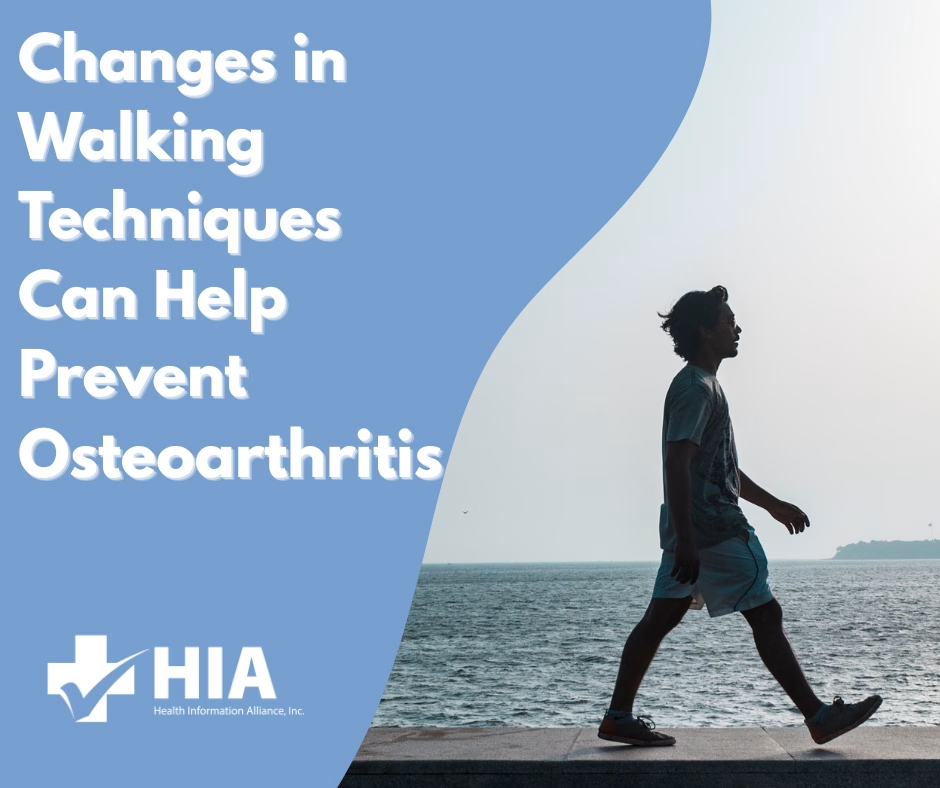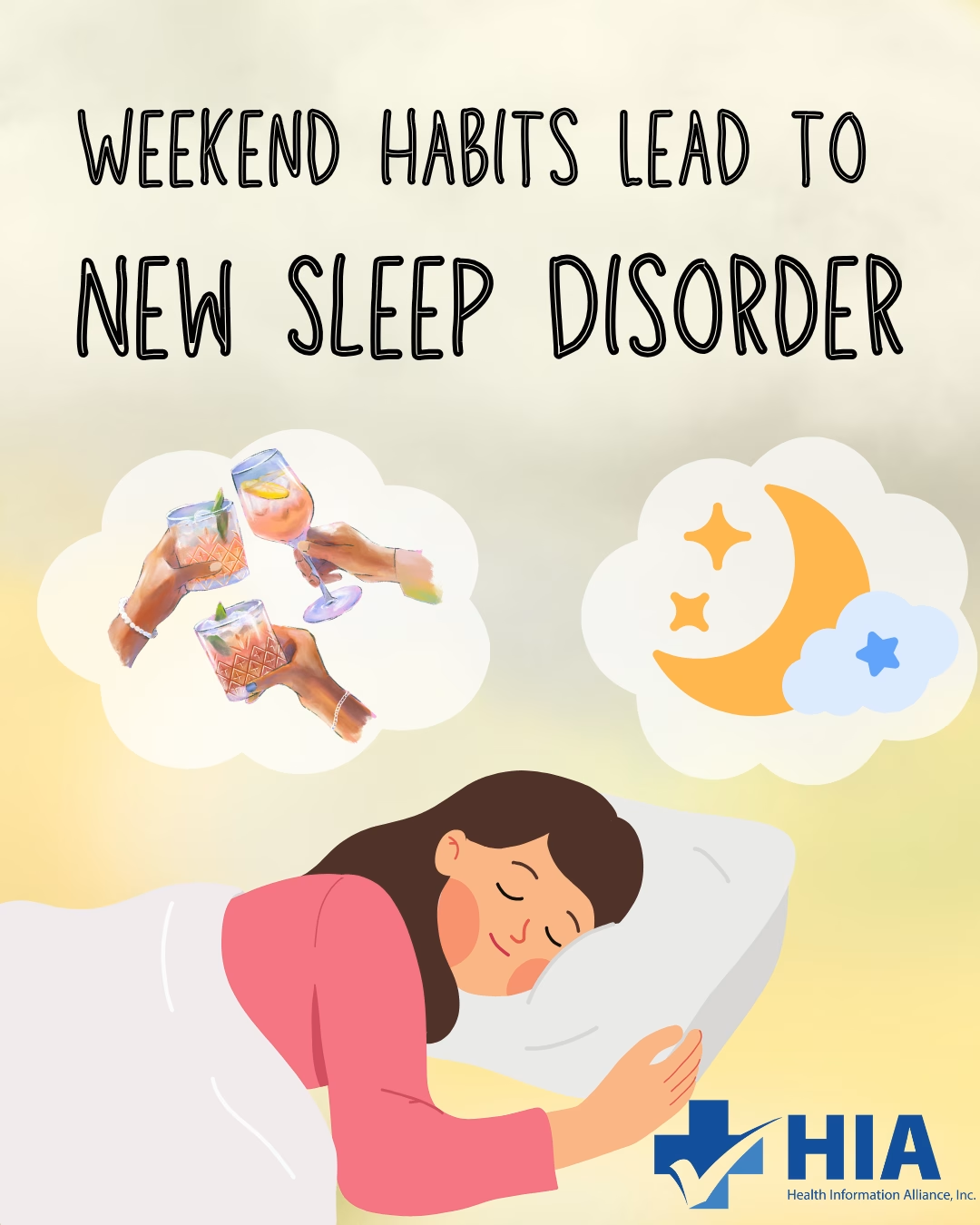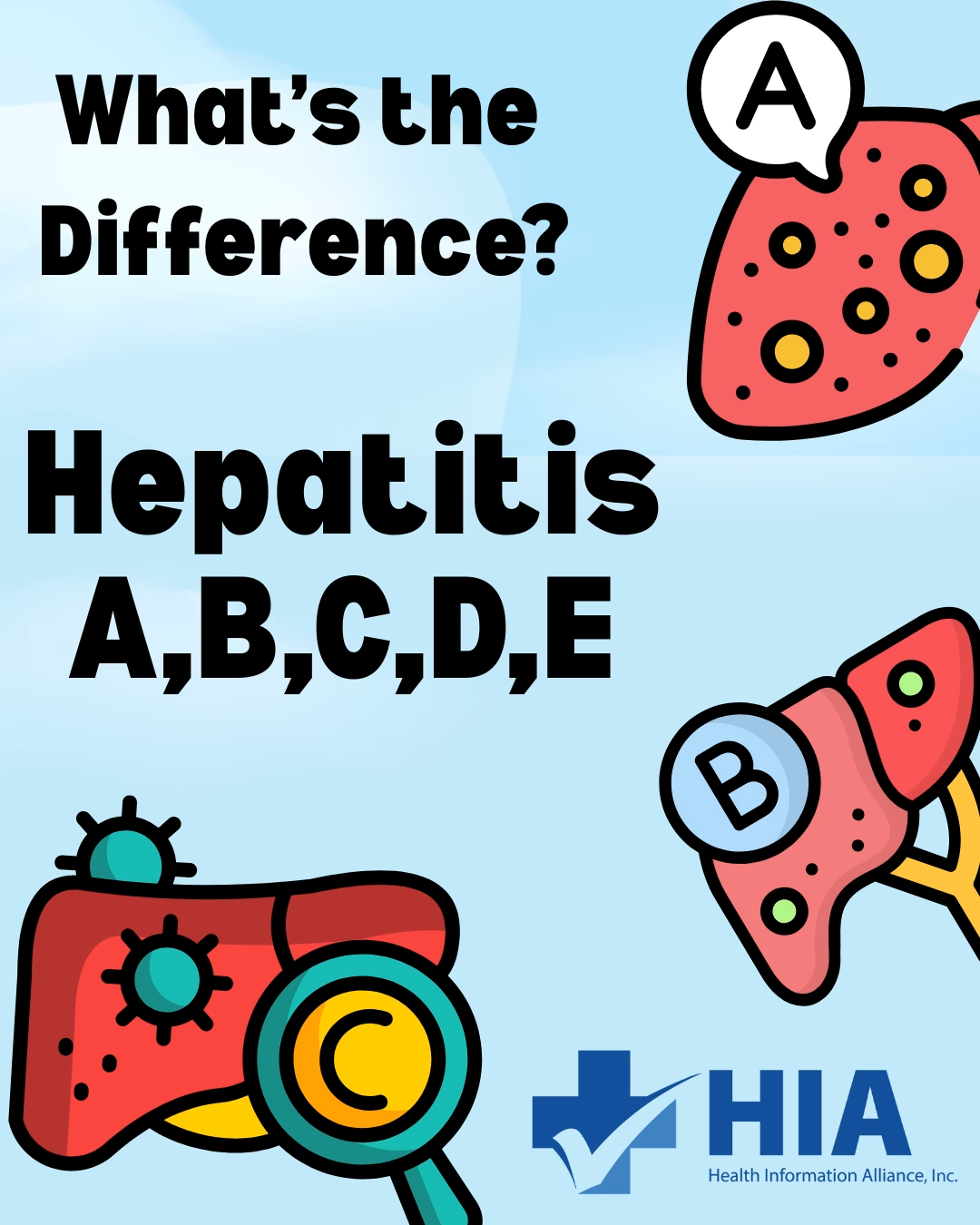Can Dietary Supplements Help Treat Depression?
Depression is a serious medical illness that impacts the way you think, feel, and act. Those suffering from it may experience symptoms such as deep sadness, loss of interest in activities, change in appetite, and trouble sleeping. The symptoms could last from weeks to months, and severely hinder an individual’s quality of life. There are multiple treatments for depression, the most prominent one being antidepressants. Despite the large selection, the medication has been difficult to attain for some individuals due to costliness. However, there have been recent studies that suggest dietary supplements have been effective in treating the disease.
Dietary supplements would prove to be a more accessible alternative to antidepressants, as they lack the hassle of prescriptions. They are less costly and can be found at a majority of drugstores. Numerous supplements exist, such as fish oil. The supplement is rich in omega-3 fatty acids, which are essential to healthy nervous system function. The acids combat inflammation and are a building block of nerve cell membranes. A fish oil pill can help supplement your intake and benefit your health.
More supplements, such as methylfolate helps to break down the amino acid homocysteine. High blood levels are shown to be associated with depression and are broken down by the supplement. Vitamin D is also an excellent option, as it is involved in the healthy production of neurotransmitters. The brain is shown to have receptors for vitamin D in areas associated with depression, such as the prefrontal cortex. A lack of vitamin D is shown to be involved in depression, and taking a simple pill can help alleviate symptoms.
SAMe is a dietary supplement that is a synthetic form of a chemical that occurs naturally in the body. It is shown to help fight inflammation and promote healthy signaling of the nerve cells. There are many more options, such as St. John’s Wort and N-acetylcysteine supplements. Each ranges in compounds that are naturally made in the body, helping to boost dopamine or serotonin. However, consumers should be wary of potential complications.
It is difficult to know if supplements will be completely successful in treating depression. Evidence is still new, and there are few studies on the side effects. Research is limited and is still being built up. However, there have been encouraging studies that suggest such as “A 2016 review of 40 studies, published June 1, 2016, in The American Journal of Psychiatry, found evidence to support the use of SAMe, methyl folate, omega-3, and vitamin D to reduce depression symptoms.” (Harvard Health Publishing.)
Dietary supplements acting as a treatment for depression is a very new finding and study. If proven successful, it could be a huge breakthrough for those struggling with depression.
Supplements would be added to the list of resources that can alleviate depression symptoms. Depression may become more treatable, and those who cannot afford medication have a more accessible resource. Along with the mental state, supplements provide physical benefits as well. The studies are opening up a world of new possibilities and outcomes. Those with depression are not alone, and research has proven that there are many resources out there to improve their quality of life.
Sources:
“Can a Dietary Supplement Help Ease Your Depression?” Harvard Health, 1 Dec. 2019, www.health.harvard.edu/depression/can-a-dietary-supplement-help-ease-your-depression.
“What Is Depression?” Psychiatry.Org – What Is Depression?,
www.psychiatry.org/patients-families/depression/what-is-depression. Accessed 28 July 2023.






